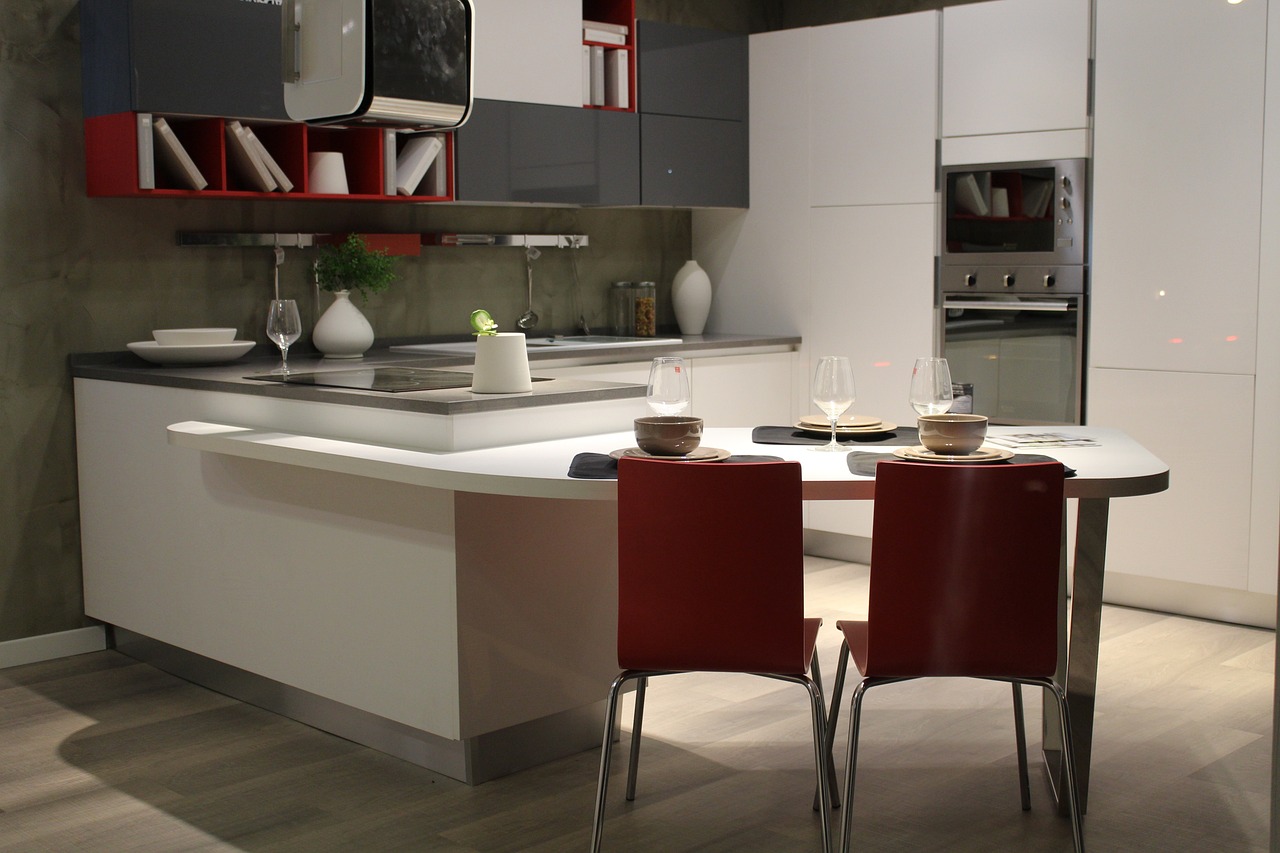Biophilic design and natural elements
Biophilic design will continue to dominate the interior design scene in 2025, with a heightened focus on integrating natural elements into living spaces. This approach aims to foster a deep connection with nature, promoting well-being and tranquility. Key features include incorporating indoor plants, natural light, and raw materials like wood, stone, and bamboo. Large windows, vertical gardens, and earthy textures further enhance the biophilic effect, making interiors feel like serene extensions of the outdoors. By embracing biophilic design, homeowners can create spaces that are refreshing, calming, and inherently sustainable.

Sustainable and eco-friendly materials
Sustainability will take center stage in 2025 as eco-conscious living has become a priority in interior design. Designers are increasingly opting for materials that are renewable, recycled, or responsibly sourced, reducing the environmental footprint of home decor. Bamboo, reclaimed wood, cork, and recycled metals are popular choices for furniture and fixtures. Fabrics made from organic cotton, hemp, or recycled fibers are favored for upholstery and drapery. These materials not only contribute to a greener planet but also add a timeless and natural appeal to interiors, ensuring style meets sustainability.

Muted earth tones and warm neutrals
In 2025, muted earth tones and warm neutrals will continue to dominate color palettes, offering a sense of comfort and grounding. Shades like terracotta, sage green, sandy beige, and soft taupe evoke a connection to nature while providing a calming backdrop for interiors. These versatile hues work seamlessly across design styles, from minimalist to bohemian, and allow for layering with richer accents. By incorporating these tones through wall colors, furniture, and decor, homeowners can create spaces that feel both inviting and timeless.

Smart home integration
The fusion of technology and design will take center stage in 2025, with smart home integration becoming a defining trend. Home automation systems are now seamlessly incorporated into interior aesthetics, blending functionality with style. From intelligent lighting that adapts to mood settings to voice-activated appliances and energy-efficient climate controls, technology is transforming how we interact with our living spaces. As these systems become more intuitive and visually discreet, they enhance convenience while maintaining the overall design harmony of modern homes.

Curves and organic shapes
Soft curves and flowing organic shapes are set to dominate interiors in 2025, offering a refreshing departure from rigid lines and geometric patterns. These design elements create a sense of fluidity and comfort, making spaces feel inviting and harmonious. From rounded furniture and arched doorways to curvaceous light fixtures and decor, the emphasis on natural forms mirrors a desire for relaxation and balance. This trend pairs beautifully with other contemporary styles, adding depth and elegance to any room.
font: housing



